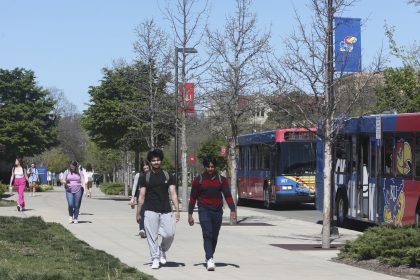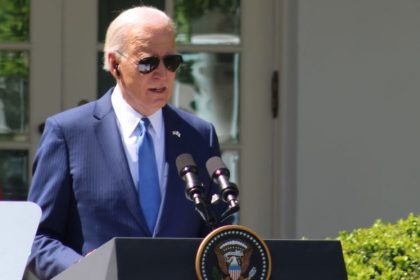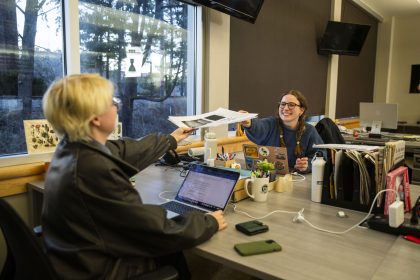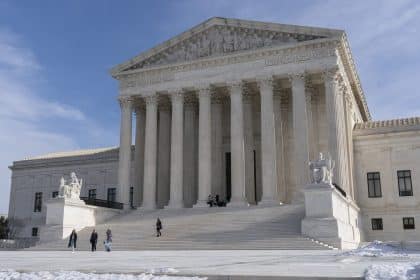Universities Sued by Students Who Say Online Education Inadequate
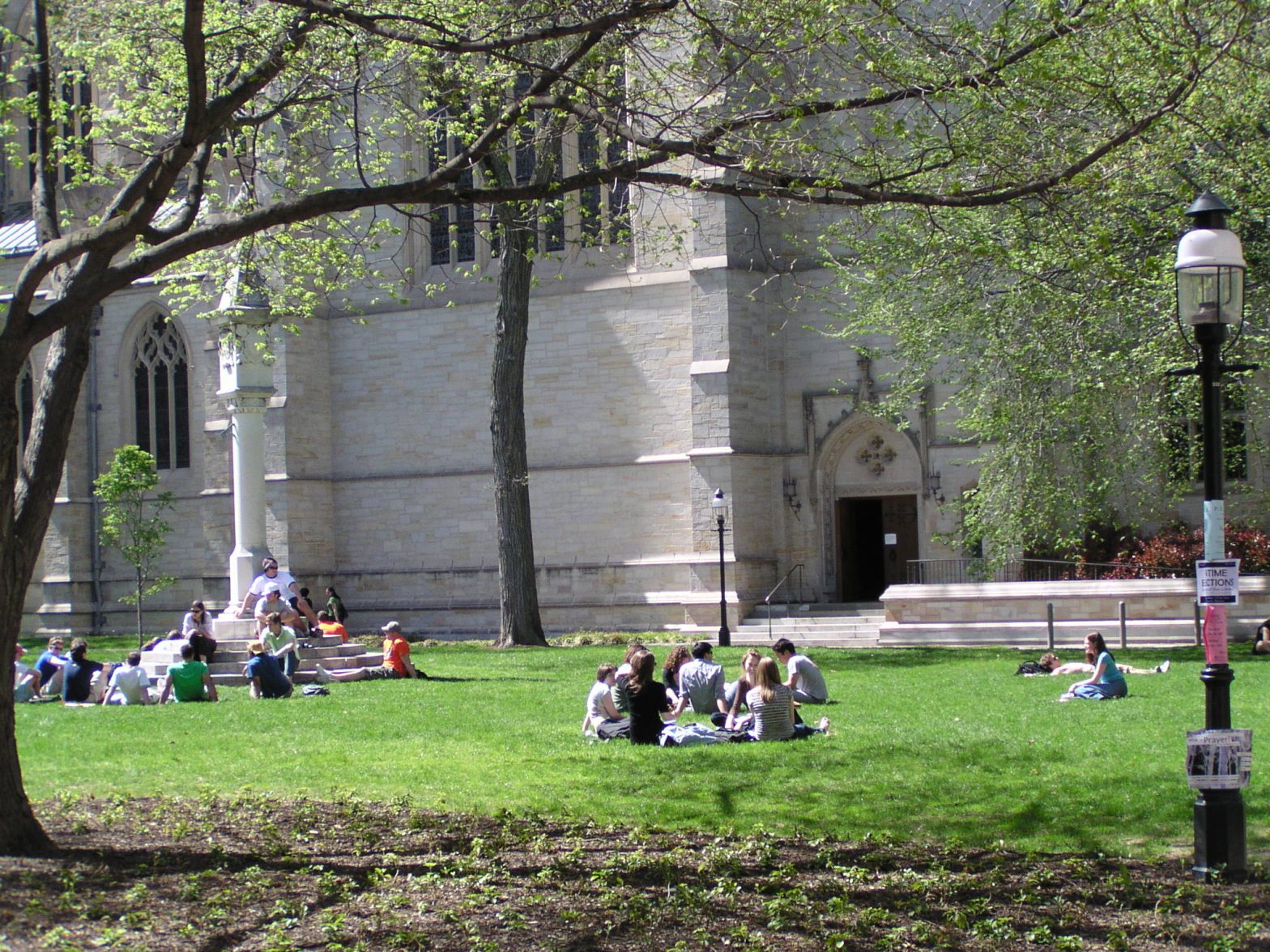
Universities nationwide are being sued by parents and students who say the schools are falling short of their duties during the coronavirus shutdown.
The universities have switched to online education until the national emergency subsides.
The students and their parents say they didn’t pay tens of thousands of dollars a year for distance education. They seek reimbursement for tuition, room and board and related school expenses.
About 50 colleges are facing lawsuits similar to the class actions filed in recent days against big name schools like Boston University, Brown University, George Washington University, the University of Michigan and Vanderbilt University.
Class actions are filed by one person or a small group while representing the interests of a much bigger but similar group.
The lawsuits most often accuse the universities of “breach of contract” and “unjust enrichment.”
The South Carolina-based Anastopoulo Law Firm, which has filed lawsuits against Drexel University and the University of Miami, advised visitors to its website, “The college experience is about more than sitting in classes—it’s about interacting with peers, getting involved in extracurricular activities, and growing into your newfound freedom as an adult. Being forced to live off-campus and take classes online hardly provides the same amount of value.”
The lawsuit against George Washington University is typical for its assertion that the quality of online education is below the classroom experience but the university “continues to charge for tuition and fees as if nothing has changed.”
Displaced students lack access to research libraries, labs or equipment normally used for their classes, the lawsuits say.
George Washington University charges tuition between $25,875 and $29,275 per semester, says the lawsuit by a Pennsylvania man whose daughter attends the university. Room and board can add another $10,000.
The university is gaining “the financial benefit of millions of dollars from students” but offering only “a limited online experience presented by Google or Zoom, void of face-to-face faculty and peer interaction, separated from program resources and barred from facilities vital to study,” the lawsuit says.
More than 2,000 George Washington University students signed a petition seeking reimbursement that says, “Some professors have told us to essentially self-learn the material and just reach out for questions. What are we paying for? If we wanted to teach ourselves, we would not be attending GWU.
“In the wake of COVID-19, GW should be sympathetic to students and families. Many students and families of students are struggling with unemployment and other stressors. GW needs to be sensitive to this.”
George Washington University officials say they are trying to provide the best education possible while they comply with government health administrators’ recommendations to use online education during the pandemic. They also have agreed to reimburse prorated housing and meal costs.
Northern Arizona University notified students through social media early last month about its reimbursement policy as they were forced into online education and eviction from dormitories.
“NAU will be providing a credit to students who are choosing to move out of university housing early this semester. Students who are able to move out of [NAU] residential housing by April 16 will receive a credit that represents 25 percent of spring semester’s housing and dining charges,” said a university statement on Twitter.
American University officials also are giving assurances of their best efforts while they face a separate class action lawsuit by a student who says he and his classmates are being deprived of “university life.”
The lawsuit does not dispute whether the university properly switched to online education. Instead, it argues the financial burden of paying for the school is unfair while students lack the “benefits of in-person instruction, access to campus facilities, student activities and other benefits and services in exchange for which they had already paid fees and tuition.”
The Trump administration is leaving decisions on reopening universities to state and local officials. U.S. Education Department officials have not tried to give guidance on how schools should plan for the post-epidemic future, saying they are locally-governed.
The Association of American Universities put out a statement saying safety of the students, faculty and staff was a top concern.
“Viruses have no nationality, no religion, no ethnicity, and no gender,” the association statement says. “As the leaders of America’s leading research universities, we ask all Americans to support each other as we deploy every tool at our disposal to protect our communities and fight this disease.”
















